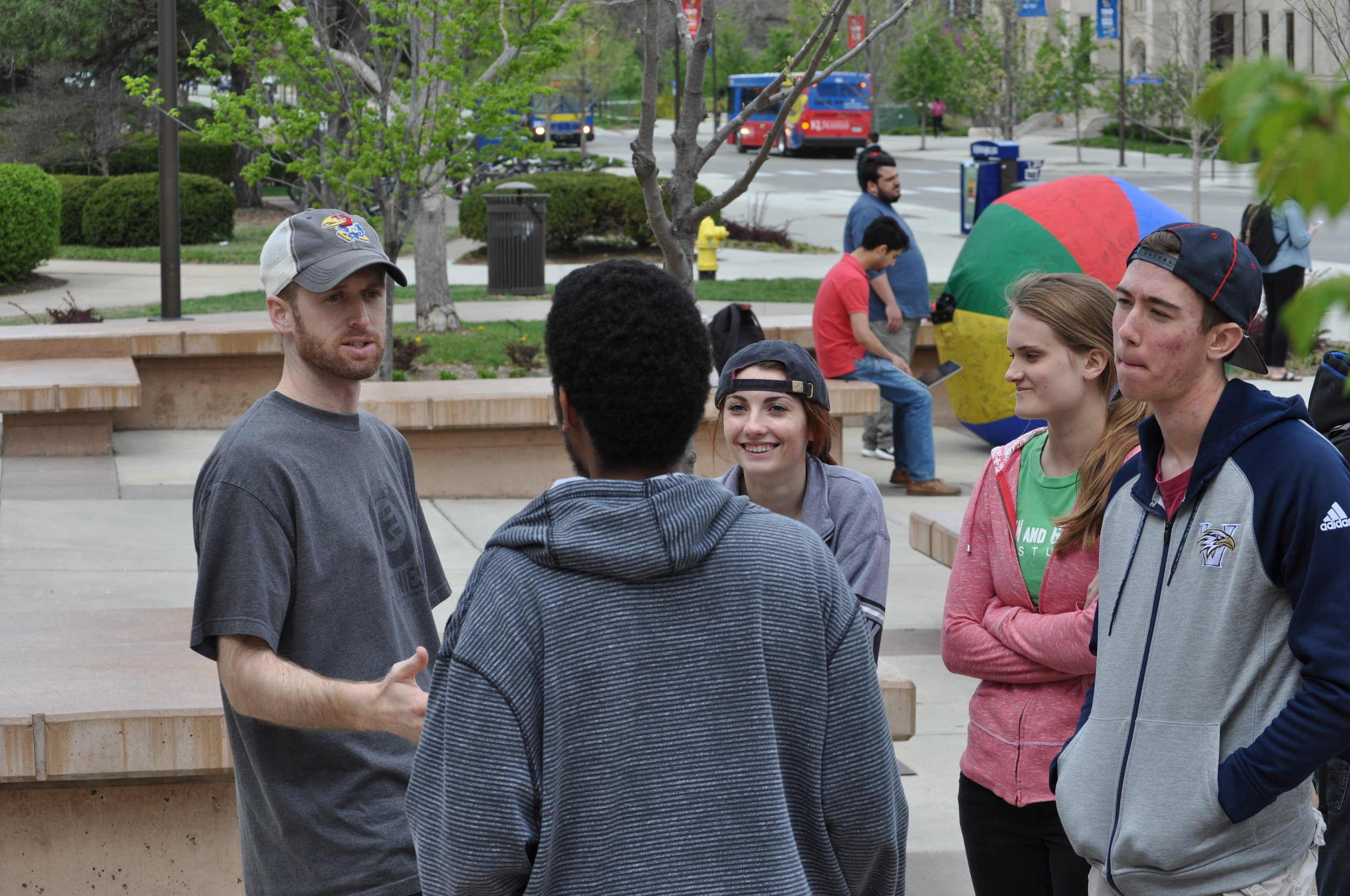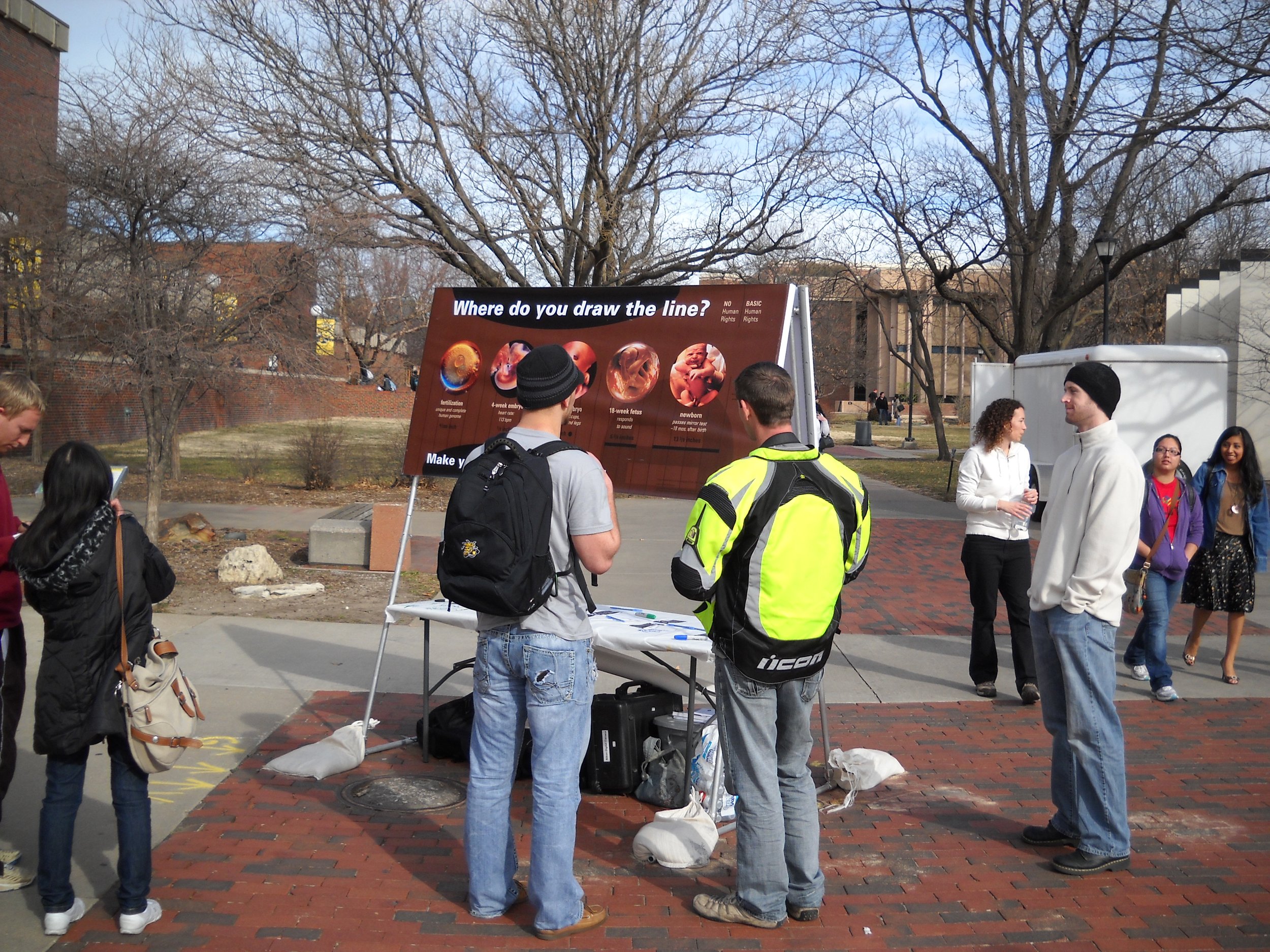Part VII of a Series
To wrap up this series for now, here are a few additional thoughts about bodily rights defenses of abortion:
Bodily Rights Arguments Commonly Come in Combo:
When someone says some version of “it’s her body,” many times it’s not as simple as identifying her argument as being in one of three distinct categories. It’s not as simple as, “She’s either arguing that the unborn is not a human organism biologically, or arguing that the unborn is not equal in rights and value, or agreeing that the unborn is a fully valuable human being but that abortion should be allowed because of the woman’s bodily rights.” Many times, the person holds more than one of these positions simultaneously. In other words, many times bodily rights arguments come in combination with other arguments.
For example, a person may refer to the fact that the unborn is “in her body” and may be fuzzy on the biology, fuzzy on equal rights for the unborn, and may also be intending to make a sort of bodily rights argument.
I suggest peeling the arguments apart and seeing if you can get agreement on the biology first, then see if you can gain agreement about the equal rights of the unborn, then tackle the bodily rights argument once these foundation stones are laid in the conversation.
For Those Who Don’t Believe the Woman’s Body Is Her Body:
Someone may respond to my series by saying that “we are not our own” so “we don’t own our bodies.” I assume that someone with this view would be consistent and say that even he himself doesn’t own his body. This person might say, “in some philosophical or metaphysical sense, no one owns his or her body.” Even if you believe this, this particular point won’t be very helpful when someone makes a bodily rights argument in a discussion of unintended pregnancy and abortion. The question is this: Can you agree that among all human beings (and all collectives, such as governments), the person who is closest to having ownership of the woman’s body is the woman herself? Even if you’re right in your philosophical point, shouldn’t we treat her as if she owns her body?
More Resources on Bodily Rights
Find a number of resources on bodily rights available at the link above, including...
JFA’s Interactive Guide, Activity 6. If you read nothing else, this entry-level material will at least help you ask the right questions to determine if you’re encountering a bodily rights argument.
“A Response to the Strongest Violinist” - JFA “De Facto Guardian” paper and other links.
Trent Horn's debate with David Boonin on bodily rights (Both are experts on the topic.)
ERI President Josh Brahm teaches on bodily rights (video/audio).













